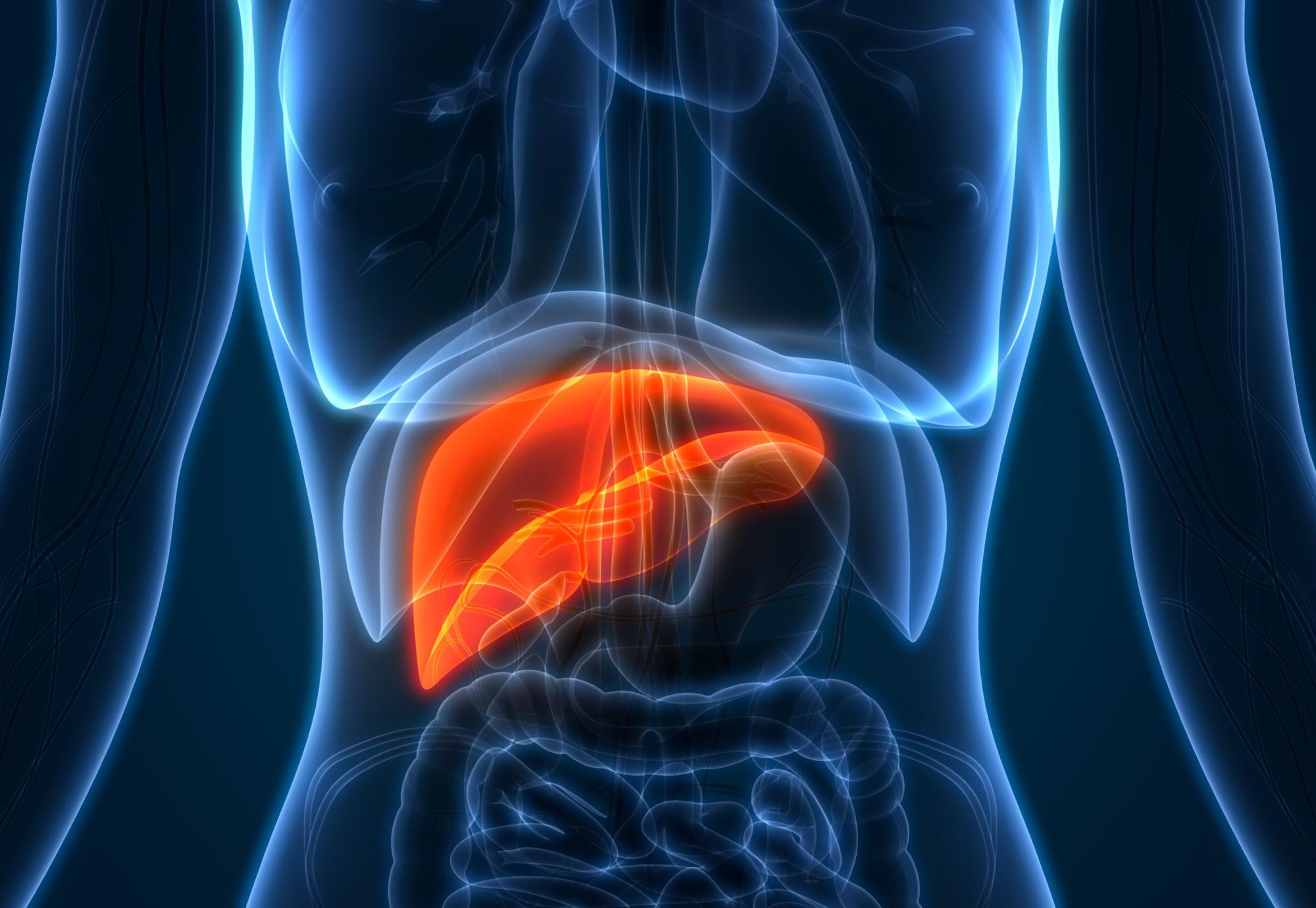Hundreds of people with advanced liver cancer are set to benefit from a new treatment option after NICE issued final draft guidance on a cancer treatment called selective internal radiation therapy (SIRT) as an option for treating the condition.
SIRT is a way of giving radiation treatment for cancer via tiny radioactive beads (called microspheres) that are injected into the artery supplying blood to the tumour via a catheter from the femoral artery.
This helps to minimise the risk of radiation damage to healthy surrounding tissue.
The draft guidance recommends the use of two particular microsphere products for treating advanced liver cancer which can’t be surgically removed and when a procedure to cut off the blood supply to the tumour isn’t appropriate.
Advanced liver cancer, also called hepatocellular carcinoma or HCC, is a cancer which starts in the liver not as the result of tumours spreading to the liver from other parts of the body. It is the most common form of liver cancer in England.
In 2017, there were 4,975 people diagnosed with HCC, of whom around 1,780 would have been eligible to receive treatment with SIRT.
Meindert Boysen, deputy chief executive and director of the Centre for Health Technology Assessment at NICE, said: “Unlike current systemic therapy for advanced liver cancer, which is given over a long time period and can have persistent side effects, SIRT is a locally targeted one-off treatment option.
“This draft guidance will provide people with advanced liver cancer the opportunity to benefit from an effective treatment which, importantly in terms of quality of life, is likely to have fewer and less severe side effects than standard systemic therapy.”
Pamela Healy OBE, Chief Executive of the British Liver Trust, added: “The British Liver Trust is delighted that NICE has now approved the use of SIRT as an option for treating unresectable advanced hepatocellular carcinoma in adults. Hepatocellular carcinoma is the most common form of liver cancer.
“It is particularly aggressive and a diagnosis is devastating for patients and carers.
“Treatment options for patients with advanced liver cancer have been very limited and this decision will make this innovative treatment more easily available and improve options for patients. Evidence shows that outcomes for people with advanced liver cancer are particularly poor so this is a really important step.”



















